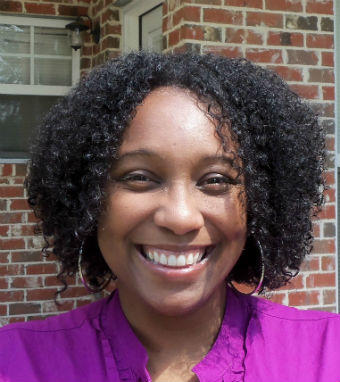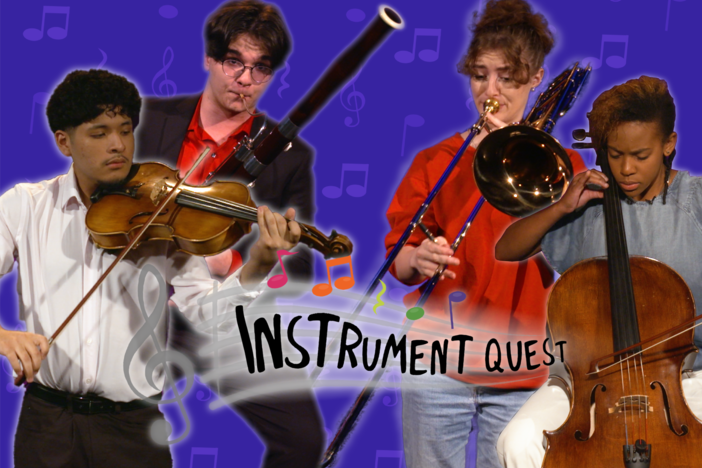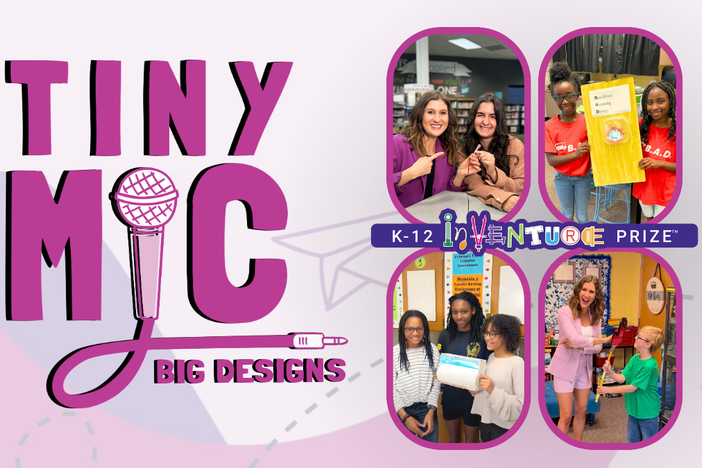
Section Branding
Header Content
To Be Young, Gifted and Bored: Part I
Primary Content

Southern Education Desk friend and blogger, Angelique Fowler, explores some of the challenges surrounding the provision of gifted education for Pre K-12 populations in the South through her own family’s experiences. Below is part one in a three-part series.
You stood up before you could sit up. You read by age one. You spent your preschool afternoons engrossed in the works of Roald Dahl and E.B. White. You do math several years above your “age-appropriate grade” level, and words like “exasperating” and “famished” are a frequent part of your vocabulary. You have a mind that is atypical, and that requires atypical stimulation. Will you get what you need in your local public school?
Seems highly unlikely if you live in the South.
My spouse and I grew up in two different states outside of the South. Ironically, however, we both had very similar public school experiences. We both were early readers, both entered Kindergarten knowing far more than the requisite standards, and we both were labeled as “gifted and talented” early in our K-12 careers.
We both were fortunate to have public school settings that nurtured and stimulated us. I recall watching opera, learning several musical instruments, and being bathed in history, theatre and literature. My spouse vividly remembers participating in programs like Math & Science Olympiad and Odyssey of the Mind. We both were exposed to several foreign languages starting with an early introduction to Latin. We both excitedly recollected the healthy sense of competition that existed among our peers as we all worked diligently to win the next year’s Science Fair, master a higher-level mathematics problem, or move up yet another reading level. The rapid pace at which our minds moved was celebrated and encouraged. Our gifted peers pushed us to be our best selves, and we pushed them in kind. To us, we weren’t abnormal. We were awesome! We were also a part of a peer group that understood us, so whether it was bullying or binomials, we learned the courage needed to tackle our problems and rally on. We sharpened our minds against one another in an environment that nurtured us, groomed us, loved us. Our little minds were hungry for knowledge, and our schools fed us until we were fat and happy.
By high school, my spouse and I had respectively grown up with a keen awareness of who we were and what we were capable of. We’d each developed a love for learning and an appreciation for our own unique selves. Oh, make no mistake, we were nerdy and we knew it. Well, technically, I was a nerd, while my spouse was a geek. Yes, there is a difference. :) Still, in our gifted education programs, everything about us from our penchant for prose to our fanfare for Fibonacci, was praised. This, in turn, taught us to love ourselves. We both enjoyed very full secondary school experiences where our academic prowess was balanced out with participation in athletics, student organizations, service-learning, and the arts. All of this helped to shape who we were and what we were to become: extremely confident and capable human beings.
Today, we are the parents of the gifted child described at the beginning of this article. So far, Southern gifted education program offerings that have been presented to us are a far cry from what we grew up with elsewhere in the U.S. This is maybe as a result of No Child Left Behind or perhaps based on regional cultural differences, but for us, the presence of a truly rigorous and diverse gifted education program seems nonexistent. How will our gifted child’s needs be met?
Secondary Content
Bottom Content





